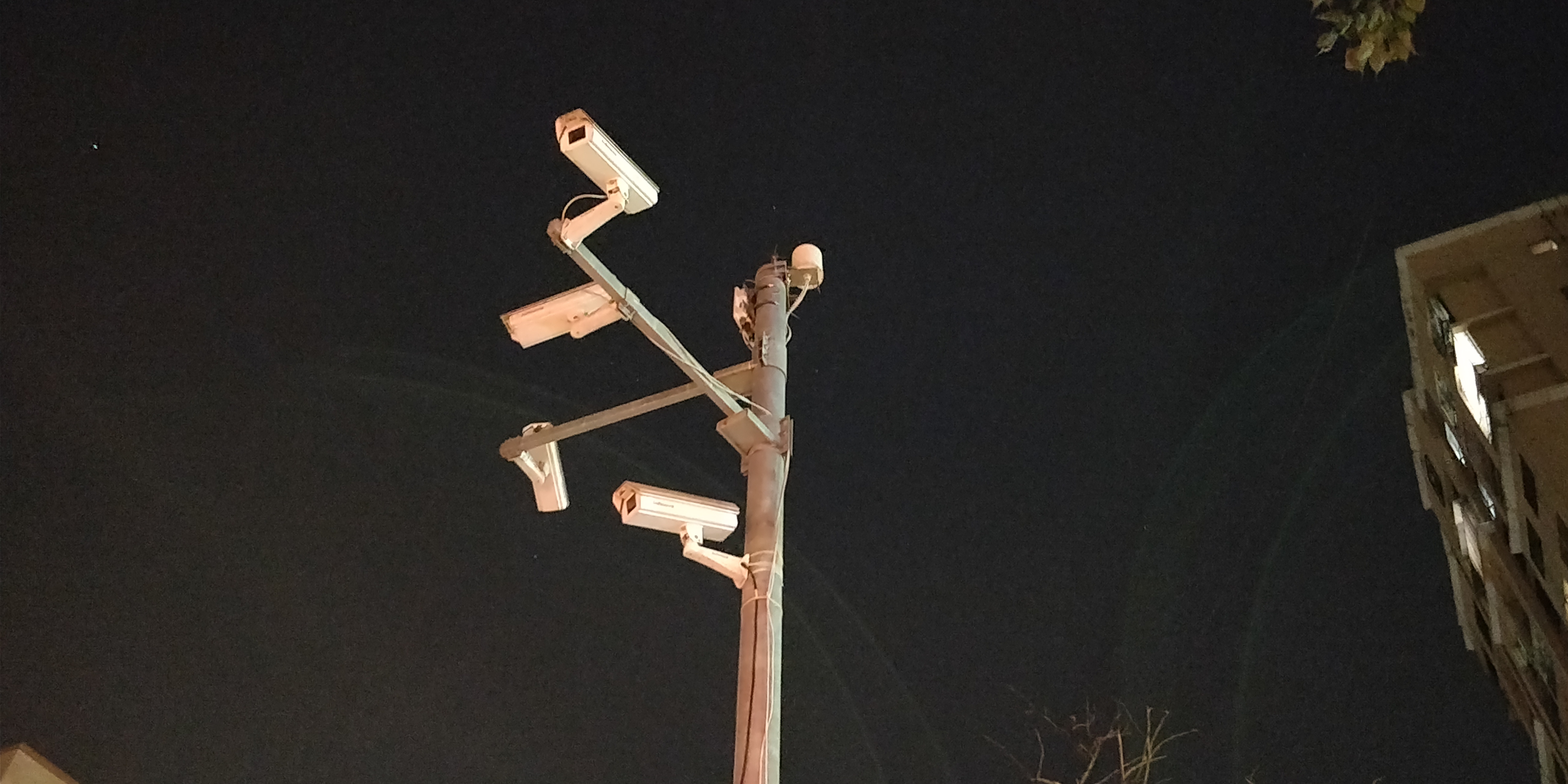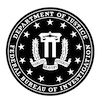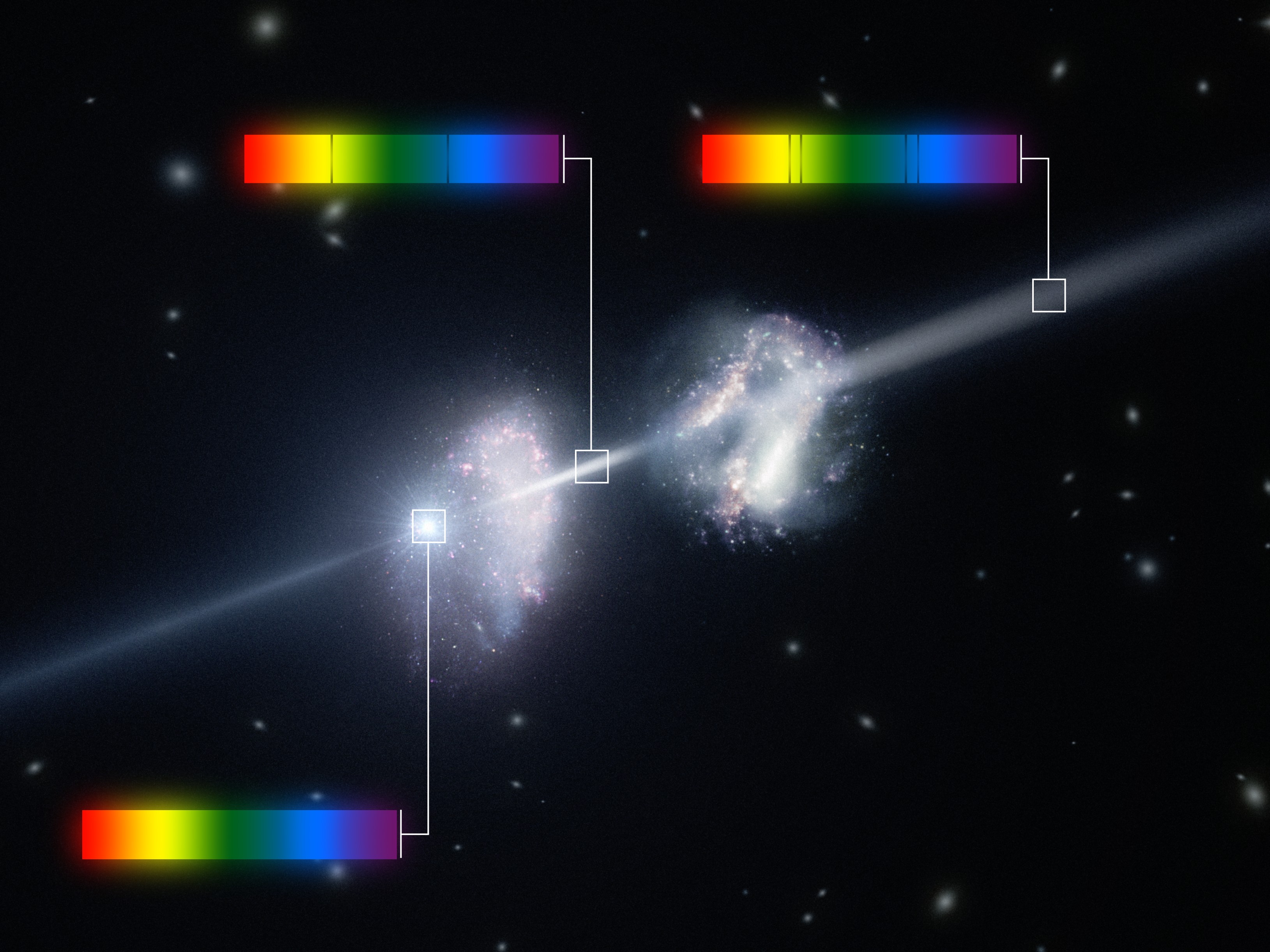Google Mail Now Official FBI Surveillance Tool, Trump Officials Suggest
 Photo: Unknown
Photo: Unknown
In an unprecedented move that bridges the gap between corporate tech and clandestine surveillance, Google Mail, also known as Gmail, has reportedly been manipulated into a covert tool for the Federal Bureau of Investigation (FBI). This comes amidst whispers from Trump officials suggesting this as a reality.
“Project Mail Watch”, the code name for this operation, according to an inside source who spoke on the condition of anonymity, is said to have been in the works for the past two years. The source told us, “[Redacted], the development of this project is way beyond just reading emails. It’s about establishing total control over information flow.”
The matrix of this operation is disturbingly complex, hinting at carefully planned, large-scale data collection. It involves a covert alliance between Google’s mail service and the FBI, with support, notably, from the National Security Agency (NSA). This partnership is shrouded in secrecy, but it is clear that the implications for the American public and indeed the world are monumental.

Dr. M, a theoretical cyberneticist from MIT, offered his expert opinion on the situation. “What we’re potentially looking at here is not only a gross violation of privacy rights but a new era of mass surveillance,” he said. “The ability to control, manipulate, and analyze vast amounts of personal data stored and communicated through Gmail could give the FBI unprecedented access to the lives and thoughts of millions of individuals.”
He further suggested that this could be the tip of the iceberg, alluding to the potential for the integration of other Google services into this surveillance matrix. “Considering the expansive suite of Google applications, this project could extend into other platforms such as Google Drive, Google Photos, and even Google Maps. This isn’t just about reading your emails anymore, it’s about mapping your life.”
The ability to control, manipulate, and analyze vast amounts of personal data stored and communicated through Gmail could give the FBI unprecedented access to the lives and thoughts of millions of individuals.

The collusion between Silicon Valley and Washington D.C. has long been a subject of intense speculation, but this operation, if true, presents a chilling reality. The extent to which this tool could be used for surveillance is only limited by the extent of our online activity, which for many, defines our modern existence. The notion of privacy, a cornerstone of American liberty, might be on the brink of extinction.
With the revelation of this information, it is crucial to ask: Just how far does the rabbit hole of this surveillance project go? What other tech giants are involved, and to what end? Has the American populace been unknowingly woven into a web of surveillance that far surpasses the concept of Big Brother?
The answers to these unsettling questions will be explored in the continuation of this investigation.

In the wake of these revelations, many are questioning the role of technology in our lives. Cryptographer and privacy advocate, Anonymous A, warned: “The line between convenience and surveillance has been blurred. Each app we use, each email we send, each search we conduct could now be a breadcrumb for the FBI.”
This isn't just about reading your emails anymore, it's about mapping your life.
Dr. R, a former high-ranking official at the NSA, confirmed that such a program is technically feasible. “The architecture of these applications and their ubiquity in modern life make them the perfect candidates for such a program. They are essentially a one-stop shop for any surveillance agency.”

Indeed, the most alarming aspect of Project Mail Watch is the quiet erosion of privacy rights it represents; an erosion that seems to be happening right under our noses, masked under the guise of progress and convenience.
As we delve deeper into the rabbit hole, we must ask: How do we defend against such pervasive surveillance? The answer, according to cyber-security expert and former Anonymous hacker, Z, is through encryption. “Encryption is our best defense. It can protect the content of your communication but not the metadata, such as the receiver or the timing of the message. However, it’s an important first step.”
The Google-FBI alliance suggests no illusion of choice or escape for users. Other tech giants might already be part of this surveillance web, leaving us to question the sanctity of our private conversations on platforms like WhatsApp, owned by Facebook, known to have previously shared user data with government agencies.

But perhaps the most chilling aspect of this investigation is the realization that this alleged covert operation is a mere reflection of our society. A society where we have traded our privacy for convenience, without truly understanding the cost. And now, as we stare down the barrel of an Orwellian future that we’ve unwittingly helped create, we must ask ourselves: Have we lost our way?
In concluding this investigation, we find ourselves standing on the precipice of a new world, a world where privacy, as we know it, could become a distant memory. The implications of Project Mail Watch are significant and far-reaching. As we grapple with the magnitude of this situation, it’s clear that this is not the end, but merely the beginning of a new chapter in the struggle for privacy. For the millions caught in the crosshairs of this operation, the time for action is now.
As we sign off, one question lingers in the air, heavy with implication: In this digital era, when we say “goodbye” to privacy, what exactly are we saying “hello” to?







